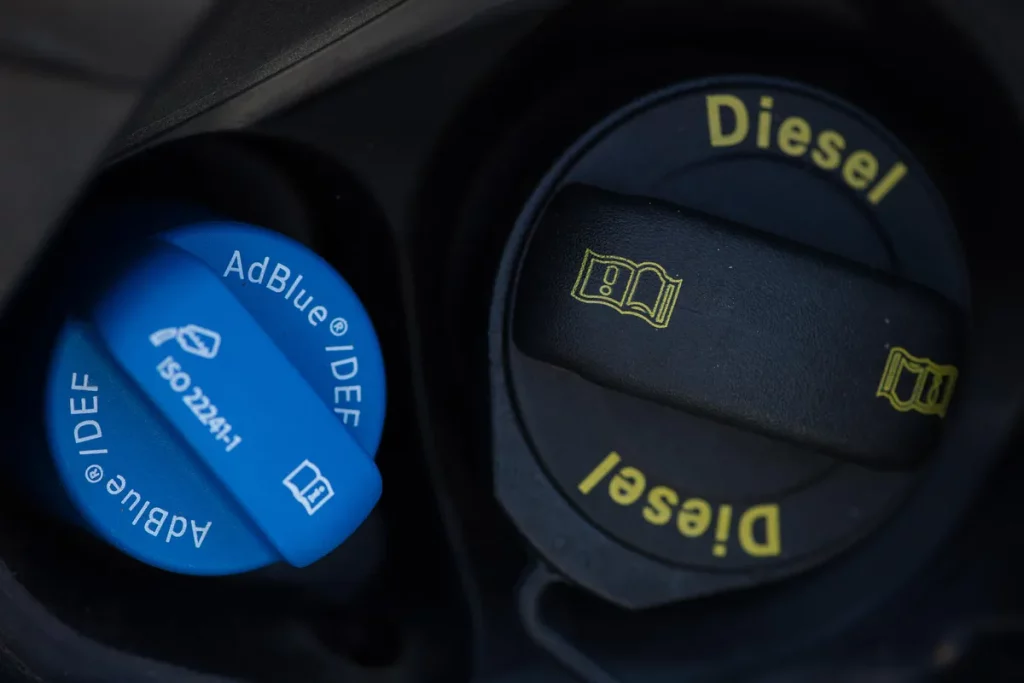The Power of Diesel Exhaust Fluid: A Cleaner Future for Diesel Engines

In recent years, the automotive industry has witnessed a significant shift towards environmentally friendly technologies. As concerns about air quality and greenhouse gas emissions continue to grow, manufacturers are exploring innovative solutions to make internal combustion engines more eco-friendly. One such breakthrough in diesel engine technology is the use of Diesel Exhaust Fluid (DEF). In this blog, we will explore the significance of DEF and how it contributes to a cleaner and more sustainable future for diesel engines.
Understanding Diesel Exhaust Fluid (DEF):
Diesel Exhaust Fluid, commonly known as DEF, is a non-toxic, colorless, and odorless solution that consists of purified water and urea. It plays a crucial role in reducing harmful nitrogen oxide (NOx) emissions produced by diesel engines. DEF is injected into the exhaust stream of a diesel-powered vehicle, where it undergoes a chemical reaction with NOx to convert it into harmless nitrogen and water vapor. This process takes place in the selective catalytic reduction (SCR) system, an integral part of modern diesel engine technology.
Environmental Benefits of DEF:
- NOx Emission Reduction: The primary purpose of Diesel Exhaust Fluid is to minimize nitrogen oxide emissions, which are notorious contributors to air pollution and smog formation. By utilizing DEF, diesel engines can achieve a substantial reduction in NOx emissions, meeting stringent emission standards and regulations.
- Air Quality Improvement: DEF significantly contributes to improving air quality by reducing the release of harmful pollutants. This is particularly important in urban areas where diesel-powered vehicles are prevalent, as cleaner air has direct positive impacts on public health.
- Compliance with Emission Standards: Governments around the world are implementing stringent emission standards to curb pollution and combat climate change. Diesel engines equipped with SCR technology and DEF injection ensure compliance with these standards, allowing vehicle owners to operate within legal emission limits.
Economic and Operational Advantages:
- Fuel Efficiency: The use of DEF in diesel engines can enhance fuel efficiency. By optimizing the combustion process and reducing NOx emissions, engines operate more efficiently, leading to better fuel economy and cost savings for vehicle owners.
- Extended Engine Life: Lowering NOx emissions through DEF usage can result in reduced wear and tear on engine components. This leads to longer engine life and reduced maintenance costs, providing a compelling economic incentive for adopting DEF technology.
- Global Acceptance: DEF technology is becoming a global standard, with widespread acceptance and adoption. This not only facilitates smoother operations for international businesses but also encourages a unified approach towards reducing the environmental impact of diesel engines on a global scale.







